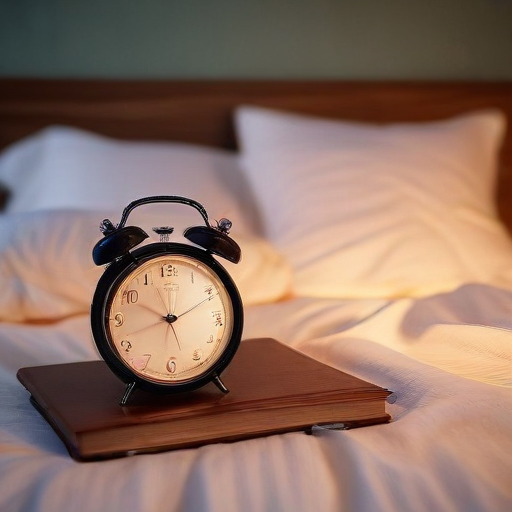The sleep industry is booming, bringing in substantial profits from various products aimed at helping people achieve better rest, including luxury mattresses, REM-tracking devices, and melatonin supplements. However, many individuals are left wondering whether these investments truly contribute to improved sleep quality.
In the season finale of the Quartz Obsession podcast, host Rocio Fabbro engages with Dr. Michael Breus, a renowned sleep specialist, to explore critical questions surrounding sleep. Together, they unpack the vast market that caters to our sleep needs, examine whether these products effectively promote restful sleep, and delve into the biological necessity of sleep, particularly what transpires in our bodies during our slumber.
Dr. Breus explains that the context of sleep has changed dramatically over the years. With the advent of electric lighting and the industrial revolution, sleep patterns have become disordered. Notably, stress and anxiety are significant contributors to modern insomnia, with many of our current distractions—social media and screen time—further complicating the ability to achieve a good night’s rest.
A pivotal moment in their discussion includes the impact of technology on sleep behavior. Dr. Breus emphasizes the detrimental effects of “doom scrolling” on social media late at night, arguing that engagement is the primary issue rather than light exposure from screens. Instead of mindlessly scrolling through feeds, he suggests creating a calming pre-sleep routine that helps the mind ease into rest.
Dr. Breus also shares insights from his unique background, combining clinical psychology and sleep medicine, which allows him to address the intricate relationship between mental health and sleep quality. He further highlights the importance of understanding individual chronotypes—our natural preferences for morning or evening activity—which play a crucial role in sleep optimization.
To improve sleep, Dr. Breus proposes five practical steps that anyone can implement immediately without any cost:
1. Wake up at the same time every day to establish a consistent sleep schedule.
2. Avoid caffeine after 2 PM to ensure it doesn’t interfere with melatonin production.
3. Limit alcohol consumption in the hours leading up to bedtime.
4. Engage in daily exercise, but avoid vigorous activity within four hours of sleep.
5. Start the day with a morning routine that includes hydration and natural sunlight exposure to help reset your circadian rhythm.
The takeaway from this insightful episode is hopeful: individuals can significantly enhance their sleep quality through small, manageable changes in their daily routines. By taking charge of their sleep patterns, many can look forward to improved mental and physical well-being.
In a world where stress and insomnia are pervasive, the message is clear: understanding and investing in one’s sleep can lead to transformative changes in every aspect of life.
